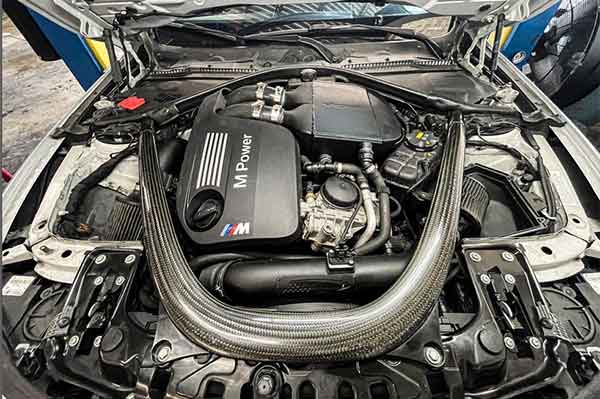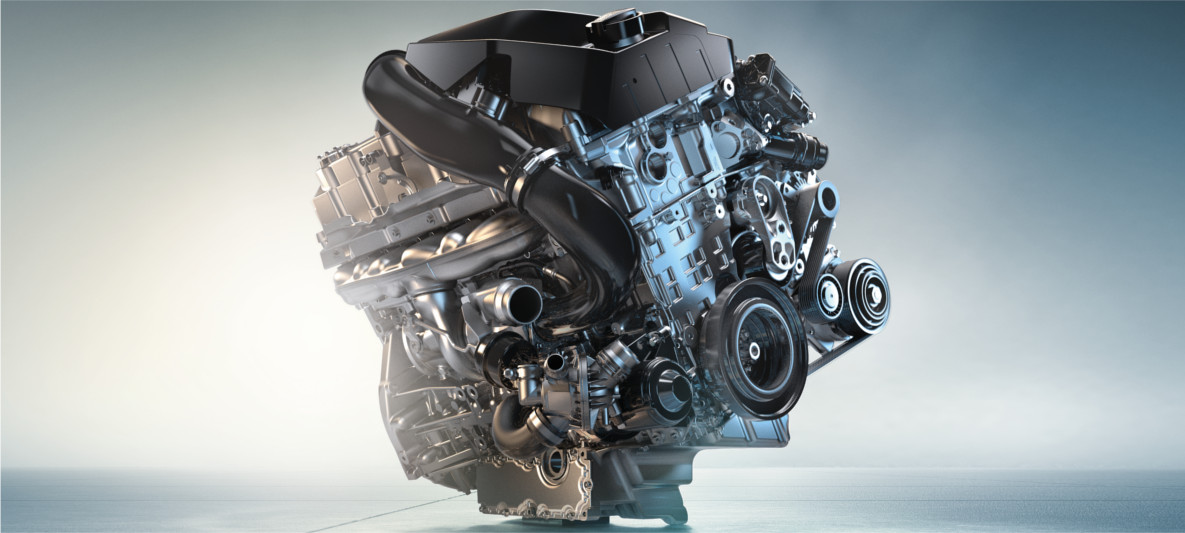The Duty of BMW Engine Layout in Getting Exceptional Fuel Performance
Wiki Article
Introducing the Intricacies of Next-Generation Power Units: a Deep Study Advanced Engine Layouts and Innovations
In the realm of vehicle design, the unrelenting search of performance, performance, and sustainability has actually driven the development of power systems to extraordinary elevations. As we base on the precipice of a new era in transport, the intricacies of next-generation engine styles bid us to discover the advanced modern technologies and developments that guarantee to redefine the driving experience. From innovative materials that press the borders of resilience and weight decrease to advanced turbocharging and supercharging systems that boost power outcome to new degrees, each component of these power devices holds a crucial to unlocking the future of auto design. Delving much deeper into the worlds of emission control, smart engine administration systems, and the horizon of power system development, we locate ourselves on the cusp of an improvement that promises to improve the landscape of movement as we recognize it.Advancement of Engine Materials

The shift towards advanced engine materials has likewise allowed designers to create engines with greater power results while keeping gas performance standards. For example, using lightweight materials decreases the overall weight of the engine, resulting in enhanced gas economy and reduced exhausts. In addition, innovations in products innovation have enabled for much better thermal management within engines, resulting in raised integrity and long life.
Turbocharging and Supercharging Technologies
Exactly How do Turbocharging and Supercharging Technologies revolutionize engine efficiency and effectiveness in modern automobiles? Turbocharging and supercharging are innovations that considerably boost engine performance by boosting the amount of air consumption into the burning chamber. Turbocharging achieves this by utilizing a turbine driven by exhaust gases to pressurize the consumption air, while turbo charging makes use of a belt- or chain-driven compressor to attain the very same impact.
These innovations make it possible for smaller, extra fuel-efficient engines to generate power comparable to bigger ones, called downsizing. Forcibly more air right into the cylinders, turbo charging and turbocharging improve burning efficiency, leading to increased horsepower and torque result without a significant boost in engine dimension. This leads to much better velocity, towing capability, and total driving performance.
Furthermore, turbocharging and turbo charging add to enhanced gas efficiency by enabling the usage of smaller sized engines that eat less fuel under typical driving problems - bmw engine. This mix of enhanced performance and effectiveness has actually made turbocharging and turbo charging indispensable components of numerous contemporary engine layouts
Emission Control and Environmental Impact
With boosting worldwide problems concerning air high quality and environmental sustainability, the application of exhaust control modern technologies in vehicles plays an important function in reducing unsafe pollutants released right into the ambience. Modern cars are equipped with advanced discharge control systems that assist minimize the environmental impact of automotive operations. Catalytic converters, for instance, are designed to transform poisonous gases such as carbon monoxide gas, nitrogen oxides, and hydrocarbons right into less damaging compounds like carbon dioxide and water vapor.Moreover, innovations in engine innovation, such as the assimilation of exhaust gas recirculation systems and careful catalytic decrease, have actually substantially contributed to decreasing discharges. These technologies operate in tandem to optimize burning performance and lessen the release of hazardous pollutants right into the air. Furthermore, the development of crossbreed and electrical cars represents a crucial action towards reducing the total ecological footprint of the transport industry.
Intelligent Engine Management Equipment

In addition, these systems allow vehicles to fulfill strict exhausts requirements without endangering performance, giving a more eco friendly driving experience. The assimilation of synthetic knowledge and artificial intelligence abilities in engine monitoring systems continues to press the boundaries of what is possible, bring about further enhancements in performance, dependability, and total car performance. bmw engine. As vehicle technology breakthroughs, intelligent engine monitoring systems will certainly play an important function in shaping the future of transport in the direction of a more reliable and lasting direction
Future Trends in Power Unit Advancement
As smart engine monitoring systems lead the way for improved control and optimization in contemporary lorries, future fads in power unit development are poised to redefine the landscape of vehicle propulsion modern technologies. Among the vital trends driving innovation in power system advancement is the shift towards electrification. With a boosting emphasis on sustainability and minimizing carbon exhausts, crossbreed and electrical powertrains are coming to be extra widespread in the automotive sector. These different power resources supply boosted performance and efficiency while straightening with rigid ecological guidelines.One more considerable trend is the assimilation of sophisticated materials and manufacturing strategies. Light-weight materials such as carbon fiber and light weight aluminum are being used to decrease overall lorry weight, improving fuel performance and performance. In addition, advancements in 3D printing and additive production are allowing the production of complicated engine components with greater precision and toughness.
Furthermore, synthetic intelligence and equipment understanding are playing an essential role in optimizing power system performance. These modern technologies permit real-time monitoring and adaptive control, leading to a lot more efficient and trusted power shipment. On the whole, future patterns in power device development are tailored in the direction of performance, sustainability, and performance, driving the vehicle industry towards a new period of propulsion technologies.

Conclusion
To conclude, the improvements in engine products, turbocharging, discharge control, and smart management systems have actually paved the method for next-generation power units. These advancements have not only better performance and effectiveness yet also minimized environmental effect. As innovation remains to develop, future fads in power unit advancement are most likely to concentrate on additional boosting sustainability and enhancing power result. The elaborate layouts and developments in modern-day engines showcase the continuous evolution of auto innovation.Exploring the progressive developments in engine materials has been critical in improving the performance and effectiveness of contemporary engines. Over the years, the development of engine materials has played a critical function in pressing the limits of what engines can accomplish.The change towards progressed engine materials has actually also made it possible for engineers to create engines with greater power results while preserving see this website gas performance standards.The read review execution of smart engine administration systems in contemporary cars has transformed the way engines are controlled and maximized for efficiency and effectiveness. By collecting data in real-time and analyzing it with innovative formulas, intelligent engine management systems can adjust to driving styles, environmental variables, and engine wellness to make the most of power output while decreasing fuel consumption and exhausts.
Report this wiki page